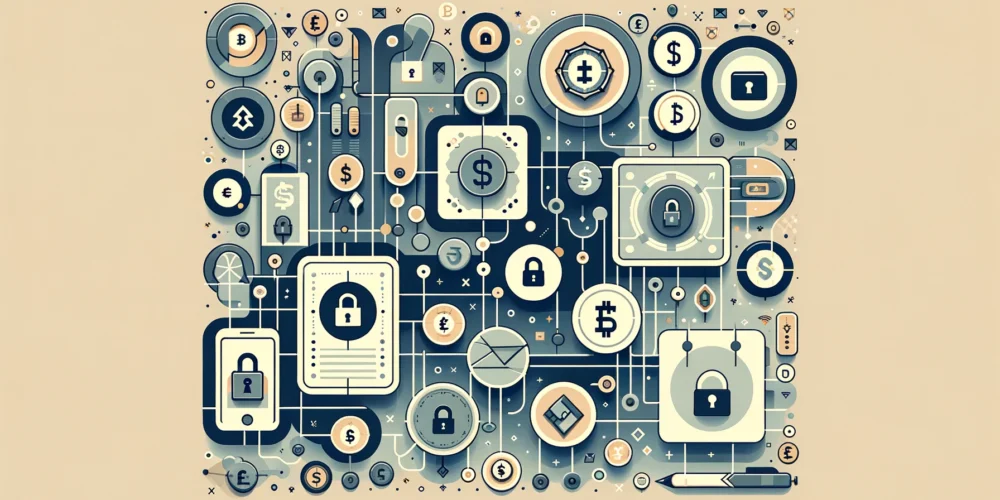In a groundbreaking announcement at the Indonesia Digital Finance and Economy Festival and Fintech Summit 2025, Bank Indonesia has revealed the launch of a digital currency framework known as the digital rupiah. This innovative initiative, under the auspices of Project Garuda, positions Indonesia as a leader in financial digitalization, integrating stablecoin features and supporting its value with tokenized government bonds.
Announcement and Core Features
Bank Indonesia Governor Perry Warjiyo took center stage at the festival, unveiling the digital rupiah as a “national stablecoin.” This hybrid digital currency showcases the unique integration of central bank security with asset-backed tokens, effectively backing it with government securities. “We will issue digital Bank Indonesia rupiah with underlying government bonds,” Warjiyo stated, ensuring it represents a direct liability of the central bank and thus aims to foster public confidence in the currency.
This initiative places Indonesia among the trailblazers in the global arena, being one of the first sovereign digital currencies supported by government securities. The digital rupiah’s design not only emphasizes reliability but also the financial sovereignty of the rupiah in a rapidly digitizing world. By implementing this framework, Indonesia is set to reinforce its economic position while navigating the digital finance landscape.
Development and Implementation Strategy
The digital rupiah is not an overnight success; it has evolved from a comprehensive proof-of-concept trial completed in December 2024. This trial tested the feasibility of distributed ledger technology for the issuance and transfer of digital currency. Bank Indonesia plans a phased rollout strategy that begins with wholesale applications for interbank transactions. This gradual approach is crucial for ensuring effective execution and integration into Indonesia’s financial infrastructure.
“The Digital Rupiah will be implemented in several stages, commencing with wholesale CBDC for issuance, redemption, and interbank fund transfers,” emphasized Warjiyo. Subsequent phases will expand the functionality to support monetary operations and ultimately integrate with retail usage, positioning the digital rupiah as a versatile tool for various financial transactions. This strategic roadmap aims to ensure a balanced transition to a digital economy.
Objectives and Expected Benefits
The digital rupiah is designed with specific objectives in mind, primarily enhancing market liquidity through expedited settlement processes and decreased transaction costs. By maintaining the sovereignty of the rupiah in this digital age, Indonesia aims not only to protect its currency but also to fortify its presence in both domestic and international financial markets. This innovation is expected to create a more resilient economic environment.
Moreover, the digital rupiah distinguishes itself from privately issued stablecoins, functioning as a central bank liability that is intended to boost public trust. With this robust framework, Bank Indonesia envisions a future where financial inclusion is greatly enhanced. Accessible payment channels will facilitate domestic transactions and cross-border trade, potentially transforming the economic landscape for millions of Indonesians.
A New Era for Indonesia’s Economy
As Indonesia steps into this new era of digital currency, the full potential of the digital rupiah must be recognized. This leap into the realm of central bank digital currencies not only signifies a shift in monetary policy but also indicates a broader acceptance and adaptation to the global digital economy. The phased implementation plan ensures that this transition is measured and thoughtful, focusing on sustainability and scalability.
As other nations observe Indonesia’s ambitious project, the success of the digital rupiah could serve as a model for effective integration of digital currencies into national economies. With ongoing collaboration and stakeholder engagement, Bank Indonesia is taking crucial steps to transform the financial ecosystem, paving the way for a technologically advanced and financially inclusive future.





